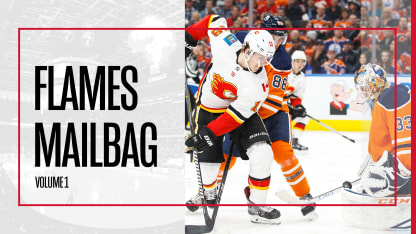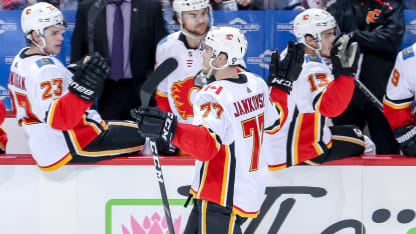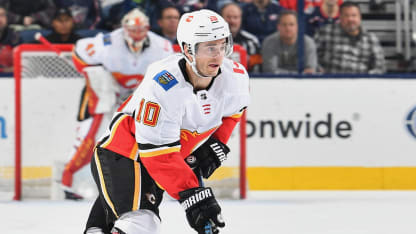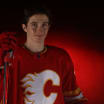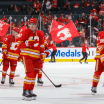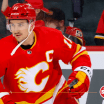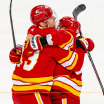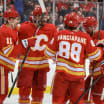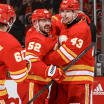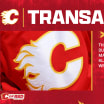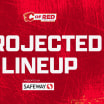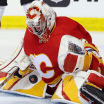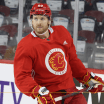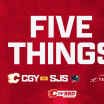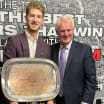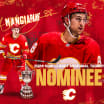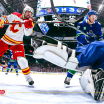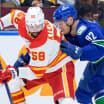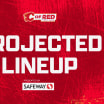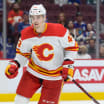Arnold Downey: This one's for Derek Ryan. Hey Derek, there are definitely some cool cucumbers on the team, but for some reason, I find that you seem are consistently calm and collected when things get frantic, which is reassuring and makes the situation seem under control. Is this something you strive for, or is it just part of your personality?
Cheers, Arnold
"Hi Arnold. Thanks for the question! It's definitely something I've worked at. Especially as you get older and you play more in different situations, you get more and more comfortable. I realized early on, especially playing in this league, that in order to be at your best in those situations, you have to be calm under pressure. I knew if I was going to have a chance at playing for the long term, I had to be good in those situations and not let the moment get the best of me. I wish I could say it's like a switch and you simply decide to be that way, but, honestly, it takes time. The more experience you get, the more comfortable you feel, and, hopefully, the more confidence the coaching staff has in you to put you in those critical situations in a game."
Wade Grondin: Do players wear electronic tracking devices? If not, how are statistics calculated?
Currently no, but a revolutionary player tracking system IS on the way after years of development. In fact, the NHL tested the new system twice last week when the Vegas Golden Knights hosted the New York Rangers and San Jose Sharks. Microchips were added to the players' shoulder pads, while others were fitted inside specially designed pucks. Antennas around the building tracked the players and pucks with radio frequencies and relayed that data through a computer system, where representatives from the NHL, NHLPA, tech firms and television rights-holders were looking on.
The great thing is, we won't have to wait long to see how this new system can add to the in-game experience. The NHL plans to use it during the upcoming All-Star Weekend, when both NBC and Sportsnet will not only have access to the data, but also the ability to incorporate it into the broadcast. If all goes well, electronic player tracking could officially begin as early as next season.
Now that we've addressed the future, let's take a look at the present.
The truth is, every stat is currently tracked the old-fashioned way - with eyes and ears on site recording each event as it happens, and plunking that data (manually) into a computer. At the Saddledome, there are six off-ice officials that work on game nights. Ice time, faceoffs won/lost, shots on goal, missed/blocked shots, hits, takeaways, giveaways, penalties, and stoppages are all tallied by them and inputted into the Hockey Information Tracking System (HITS) on their laptop. The five laptops are all connected to one another, and the HITS system takes the raw data that's been entered manually and calculates other stats, like plus/minus, faceoff percentage and situational ice time (powerplay, shorthanded, etc.).
